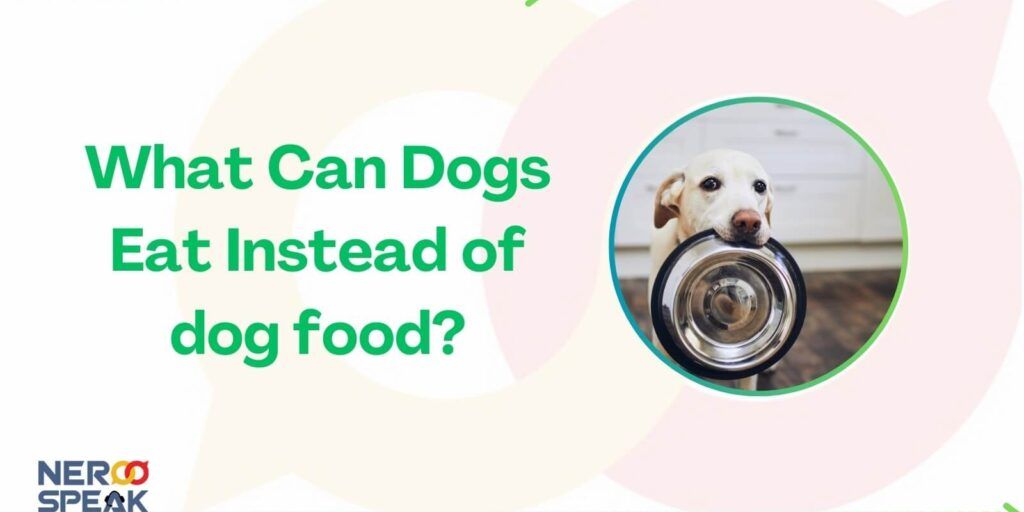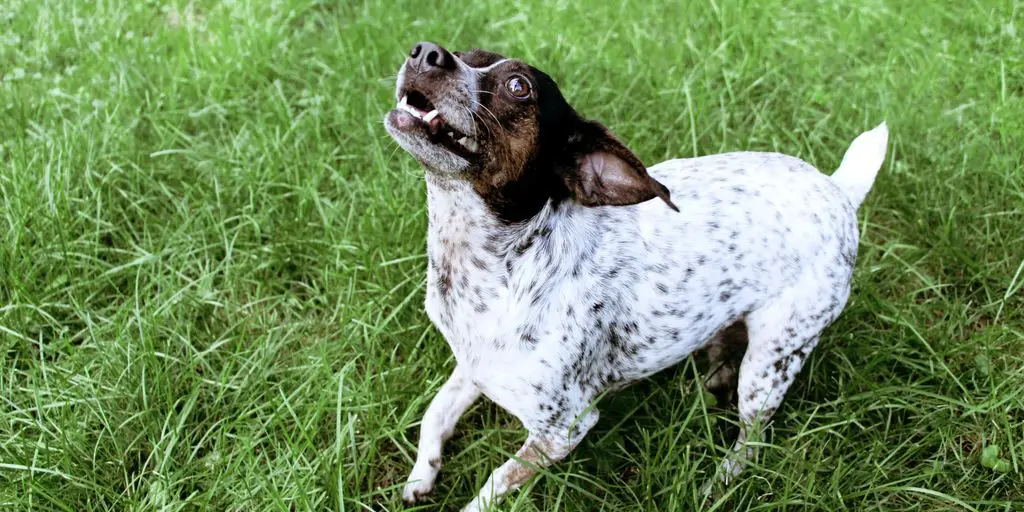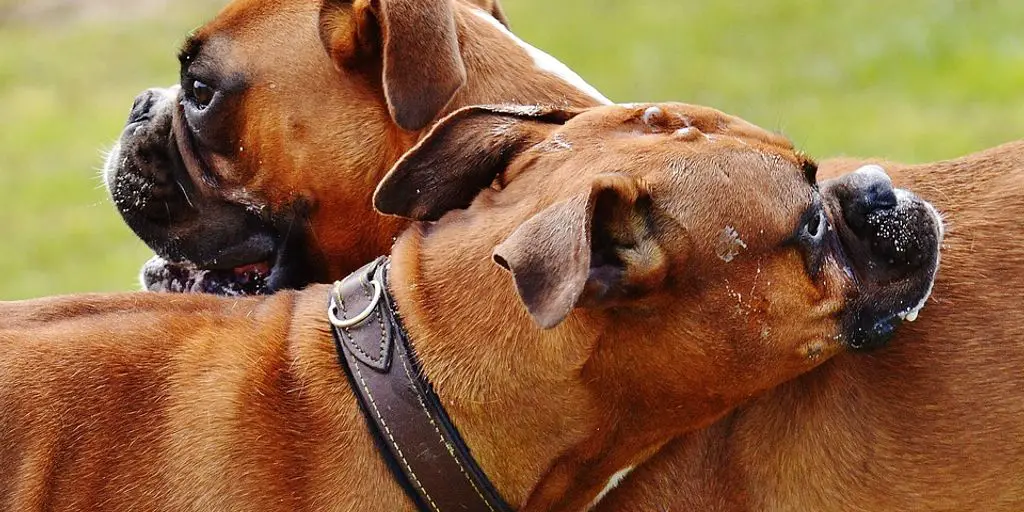Dog hiccups are a common phenomenon that can occur in both puppies and adult dogs. While often harmless, understanding the causes and knowing how to address them can help ensure your pet remains comfortable and healthy. This article delves into the various aspects of dog hiccups, from their causes to prevention and treatment methods.
Key Takeaways
- Dog hiccups are caused by involuntary contractions of the diaphragm and can result from eating or drinking too quickly, excitement, or stress.
- Puppy hiccups are more common than in adult dogs and generally become less frequent as the puppy grows older.
- Simple home remedies like offering water or massaging your dog’s chest can help alleviate hiccups.
- Persistent or frequent hiccups may indicate an underlying health issue, and a veterinarian should be consulted if they last more than a few hours.
- Preventive measures such as feeding smaller meals and using slow-feeding bowls can help reduce the occurrence of hiccups in dogs.
Understanding Dog Hiccups
What Are Dog Hiccups?
Dog hiccups happen when the diaphragm, a muscle in your dog’s chest, involuntarily contracts. This can cause your dog to make a “hic” sound, and you might notice their belly and chest moving abruptly. Hiccups are generally harmless and often occur in puppies more than adult dogs.
Common Causes of Dog Hiccups
There are several reasons why your dog might get hiccups:
- Eating or drinking too fast
- Over-excitement
- Stress
These triggers can cause the diaphragm to spasm, leading to hiccups. Using a slow feeder bowl can help if your dog tends to eat too quickly.
How Long Do Dog Hiccups Last?
Most of the time, dog hiccups are short-lived and go away within a few minutes. However, if your dog’s hiccups last more than a couple of hours, it might be a good idea to consult your vet. Persistent hiccups could be a sign of an underlying issue.
Hiccups are a rite of passage for puppies, one of those super cute things that they outgrow. Enjoy both while they last!
Why Puppies Get Hiccups More Often

Puppies are more prone to hiccups than adult dogs, and there are a few reasons for this. First off, puppies are generally more excitable and energetic. Their rapid bursts of energy can easily affect their breathing, leading to hiccups. Additionally, puppies often eat or drink too quickly, which can cause them to ingest more air and trigger hiccups. Puppies’ digestive systems are also less mature compared to adult dogs, making them more susceptible to hiccups.
Puppy Development and Hiccups
Puppies experience hiccups even before they are born, while still in their mother’s womb. As they grow, their organs and systems are still developing, which can make them more prone to hiccups. This is a normal part of their development and usually decreases as they get older.
Are Puppy Hiccups Normal?
Yes, puppy hiccups are completely normal. Almost all puppies will experience hiccups at some point. It’s usually nothing to worry about and is just a part of their growth process. However, if the hiccups seem to be causing distress or are very frequent, it might be worth consulting a vet.
When to Worry About Puppy Hiccups
While hiccups are generally harmless, there are times when you should be concerned. If your puppy’s hiccups last for an extended period or are accompanied by other symptoms like coughing, sneezing, or difficulty breathing, it’s best to consult a vet. Persistent hiccups could indicate an underlying health issue that needs attention.
How to Help Your Dog When They Have Hiccups
Simple Home Remedies
When your dog has hiccups, there are a few easy tricks you can try at home. Offering them a small amount of room temperature water can sometimes do the trick. If that doesn’t work, try adding a bit of honey or maple syrup to the water. The sweetness can be a happy distraction and might help calm their breathing. Another method is to gently massage your dog’s chest and throat to stimulate swallowing, which can interrupt the hiccup cycle.
When to See a Vet
Most hiccup episodes are harmless and short-lived, but if your dog’s hiccups last for more than a few hours or seem to be causing them distress, it’s time to consult your vet. Persistent hiccups could be a sign of an underlying health issue that needs professional attention. Don’t hesitate to reach out to your vet if you’re concerned.
Preventing Future Hiccups
To help prevent future hiccups, try to identify and avoid any triggers. Feeding your dog smaller, more frequent meals can help, as eating too quickly is a common cause of hiccups. Also, make sure your dog is drinking enough water throughout the day. Keeping your dog calm and stress-free can also reduce the likelihood of hiccups. If you notice any specific patterns or triggers, adjusting your dog’s routine accordingly can be very effective.
Diet and Dog Hiccups

Foods That Might Trigger Hiccups
Dog hiccups can sometimes be triggered by certain foods. For instance, spicy foods or those that cause flatulence can lead to hiccups. If your dog tends to get hiccups after meals, it might be worth monitoring their diet to see if specific foods are the culprits. Eating too quickly can also cause hiccups, as dogs may swallow air along with their food.
Feeding Tips to Avoid Hiccups
To help prevent hiccups, try feeding your dog smaller meals more frequently throughout the day. This can help reduce the chances of stomach distention, which might tickle the diaphragmatic nerves. Using a slow feeder bowl can also be beneficial, as it encourages your dog to eat at a slower pace, reducing the likelihood of swallowing air.
Hydration and Hiccups
Hydration plays a crucial role in preventing hiccups. Ensure your dog has access to fresh water at all times. Sometimes, dogs may gulp water too quickly, especially after eating something spicy or engaging in vigorous play, which can lead to hiccups. Encourage your dog to drink water slowly to avoid this issue.
If your dog’s hiccups persist despite dietary changes, it might be a good idea to consult your veterinarian to rule out any underlying health issues.
Stress and Dog Hiccups
How Stress Causes Hiccups
Stress and excitement can trigger hiccups in dogs. When a dog is stressed, their heart rate and cortisol levels rise, which can irritate the diaphragm. This irritation can lead to those annoying hiccups. Dogs might also take shorter and shallower breaths when stressed, which doesn’t help the situation.
Signs Your Dog is Stressed
Recognizing stress in your dog is crucial. Common signs of anxiety in dogs include changes in body functions, excessive shedding, and displacement behavior. If you notice these symptoms, it’s time to take action.
Reducing Stress in Your Dog
To help your dog relax, try giving them a slow massage or a belly rub. Speaking in a soothing voice close to their ear can also be very calming. Find a consistent calming signal that you can use in various situations to reassure your dog. Reducing stress can significantly decrease the frequency of hiccups.
Medical Conditions Related to Dog Hiccups

When Hiccups Indicate a Health Issue
Dog hiccups usually go away on their own, but sometimes they can be a sign of a more serious medical problem. If your dog is showing other signs of illness like coughing, wheezing, sneezing, vomiting, or diarrhea, make sure to get them checked out by a vet as soon as possible. These symptoms, along with hiccups, could indicate respiratory diseases like pneumonia or bronchitis, or gastrointestinal issues like an upset tummy.
Common Health Problems Linked to Hiccups
There are several health problems that can cause hiccups in dogs. Some of the more common ones include:
- Respiratory issues: Conditions like asthma, bronchitis, or pneumonia can cause hiccups, especially if accompanied by coughing, sneezing, or wheezing.
- Gastrointestinal diseases: Issues like inflammatory bowel disease and reflux esophagitis can trigger hiccups. Treating the underlying disorder usually resolves the hiccups.
- Heart problems: Inflammation of the heart sac (pericarditis) can cause fluid to accumulate, leading to hiccups.
- Hypothermia: Extreme lowering of body temperature can also result in hiccups.
Diagnostic Tests for Persistent Hiccups
If your dog’s hiccups persist and are accompanied by other symptoms, your vet may recommend some diagnostic tests to determine the underlying cause. These tests might include:
- X-rays: To check for any abnormalities in the chest or abdomen.
- Blood tests: To look for signs of infection or other health issues.
- Endoscopy: To examine the gastrointestinal tract for any problems.
It’s always better to be safe than sorry. If your dog’s hiccups last more than a few hours or are accompanied by other worrying symptoms, don’t hesitate to consult your vet.
Breeds Prone to Hiccups
Just like humans, some dog breeds are more prone to hiccups than others. Understanding which breeds are more susceptible can help you manage and prevent these annoying spasms in your furry friend.
Hiccups vs. Reverse Sneezing
What is Reverse Sneezing?
Reverse sneezing can be quite alarming if you’ve never seen it before. It sounds like a dog is gasping for air or making a snorting noise. Unlike hiccups, which are caused by a spasm of the diaphragm, reverse sneezing is due to an irritation in the nasal passages. This irritation causes the dog to rapidly pull air into their nose, creating that distinctive sound.
How to Tell the Difference
It can be tricky to distinguish between hiccups and reverse sneezing, especially if you’re not familiar with either. Here are some key differences:
- Sound: Hiccups produce a quick “hic” sound, while reverse sneezing sounds more like snorting or gasping.
- Duration: Hiccups can last for several minutes, whereas reverse sneezing episodes are usually shorter but more intense.
- Body Movement: During hiccups, you might see slight movements in your dog’s diaphragm. In contrast, reverse sneezing often involves the dog extending their neck and making more pronounced movements.
Treatment for Reverse Sneezing
Most of the time, reverse sneezing is harmless and doesn’t require treatment. However, if it happens frequently, it’s a good idea to consult your vet. Here are some simple steps you can take at home:
- Stay Calm: Your dog can sense your anxiety, which might make the episode worse.
- Gently Massage Their Throat: This can help to stop the sneezing by soothing the irritation.
- Cover Their Nostrils Briefly: This encourages your dog to swallow, which can help clear the irritation.
If your dog is exhibiting any new or unusual symptoms, it’s always a good idea to speak with your veterinarian. Taking a video of the symptom can be extremely helpful for your vet to diagnose the issue.
Remember, while reverse sneezing can look and sound scary, it’s usually not a cause for concern. However, if you’re ever in doubt, don’t hesitate to reach out to your vet for advice.
Fun Facts About Dog Hiccups
Hiccups in Other Animals
Did you know that dogs aren’t the only animals that get hiccups? Cats, horses, and even humans experience these funny little spasms. It’s all due to involuntary contractions of the diaphragm, which can be triggered by various factors like eating too quickly or excitement.
Historical Anecdotes
Hiccups have been around for ages, and there are some pretty amusing historical anecdotes about them. For instance, ancient Greeks believed that hiccups were a sign of good health. They even had specific remedies to cure them, like holding your breath or drinking water upside down!
Hiccups in Pop Culture
Dog hiccups have made their way into pop culture too. From cartoons to movies, these adorable spasms have been depicted in various forms. One of the most memorable moments is in the animated film where a puppy’s hiccups cause a series of hilarious events. It’s a reminder that even our furry friends can have their own quirky moments.
When to Be Concerned About Dog Hiccups
Duration of Hiccups
Occasional hiccups are usually nothing to worry about, but if your dog’s hiccups last more than a couple of hours, it might be time to call the vet. Prolonged hiccups can be a sign of an underlying issue that needs attention.
Frequency of Hiccups
If your dog is getting hiccups very often, this could indicate a problem. Frequent hiccups that interfere with your dog’s daily activities should not be ignored. It’s always better to be safe and get a professional opinion.
Other Symptoms to Watch For
Keep an eye out for other symptoms that might accompany the hiccups, such as:
- Trouble breathing
- Lethargy
- Obvious pain or discomfort
- Inability to rest
- Diarrhea or vomiting
If you notice any of these signs along with persistent hiccups, it’s crucial to consult your veterinarian immediately.
Monitoring your dog’s health through temperature checks in ears, paws, nose, gums, and body areas can help you catch other potential issues early.
Conclusion
So there you have it, folks! Dog hiccups are generally harmless and often just a cute little quirk of your furry friend. While they can be caused by things like eating too fast or getting overly excited, they usually go away on their own. However, if you notice that your dog’s hiccups are lasting a long time or seem to be causing them discomfort, it’s always a good idea to consult your vet. Keep an eye on your pup, enjoy those adorable hiccup moments, and don’t stress too much about it. Happy pet parenting!
Frequently Asked Questions
What are dog hiccups?
Dog hiccups are involuntary contractions of the diaphragm, similar to human hiccups. They can occur when a dog eats or drinks too quickly, is overly excited, or experiences stress.
Are hiccups common in puppies?
Yes, hiccups are quite common in puppies. They typically become less frequent as the puppy grows older.
How long do dog hiccups usually last?
Dog hiccups usually last for a few minutes to an hour. If they persist for more than a couple of hours, it may be a sign of an underlying issue, and you should consult a veterinarian.
Can certain foods cause dog hiccups?
Yes, certain foods that are difficult to digest or that cause gas can trigger hiccups in dogs. Feeding smaller meals and using slow-feeding bowls can help reduce the occurrence of hiccups.
When should I be concerned about my dog’s hiccups?
You should be concerned if your dog’s hiccups last more than a couple of hours, occur frequently, or are accompanied by other symptoms such as coughing, difficulty breathing, or vomiting.
Are there any home remedies for dog hiccups?
Simple home remedies for dog hiccups include offering your dog water, encouraging slow eating, and helping them relax. Gentle exercise can also sometimes help stop hiccups.
Can stress cause hiccups in dogs?
Yes, stress can be a trigger for hiccups in dogs. Identifying and reducing sources of stress can help prevent hiccups.
Do certain dog breeds get hiccups more often?
Some breeds, especially brachycephalic breeds (those with short noses and flat faces), may be more prone to hiccups due to their unique anatomy.



